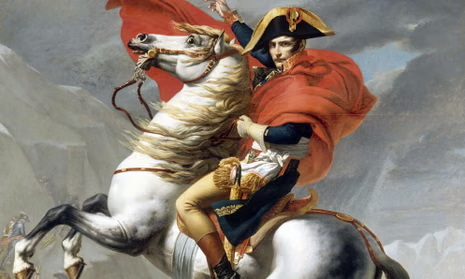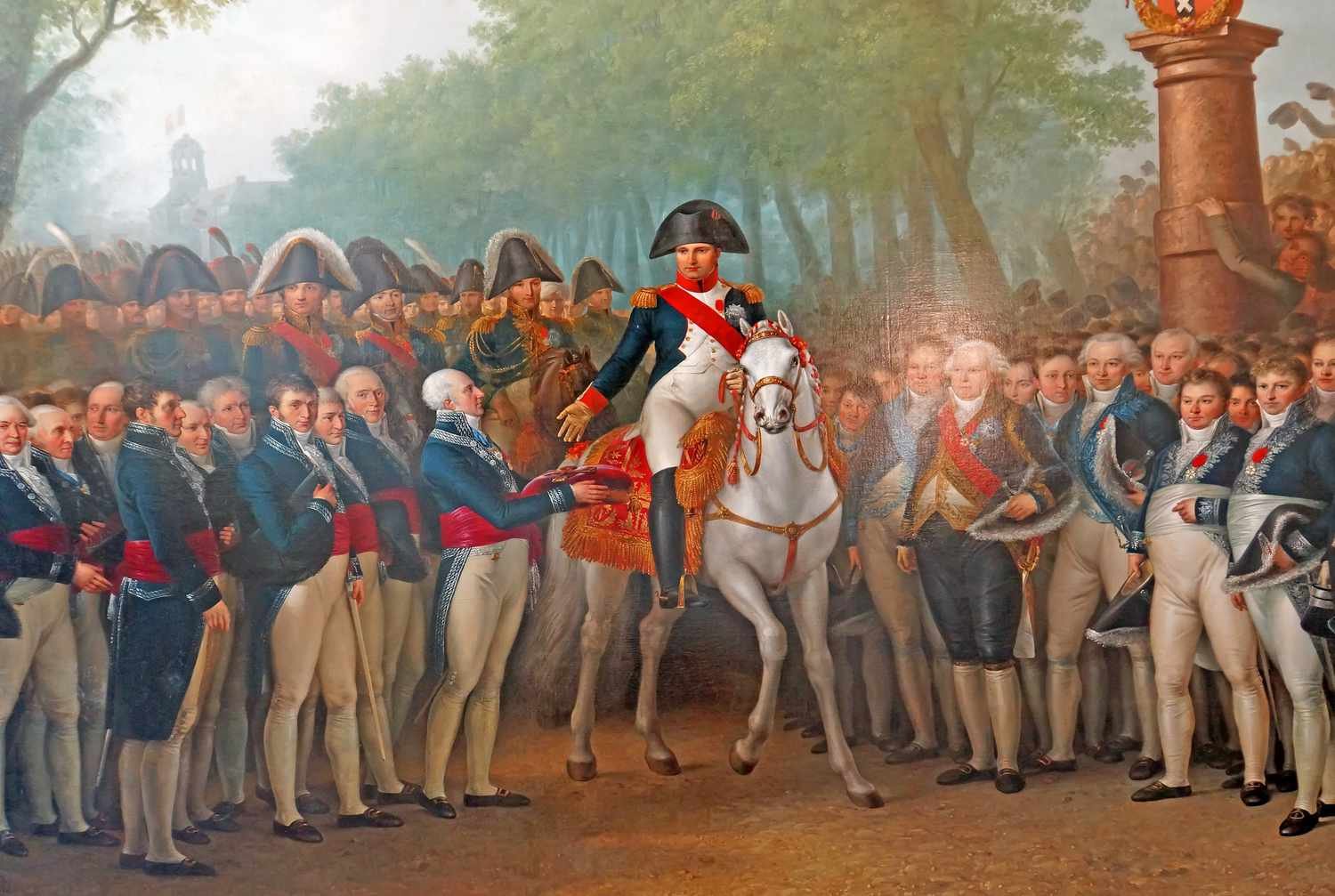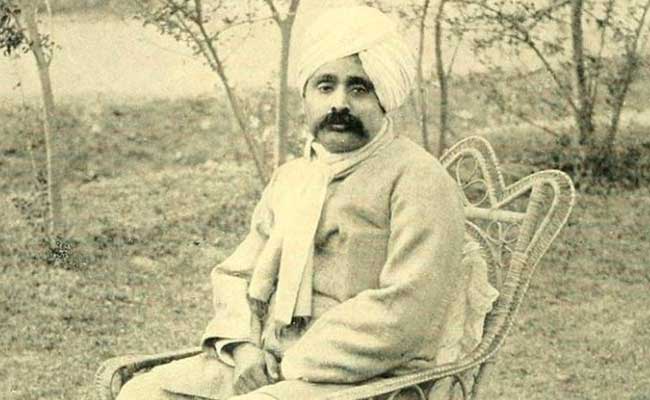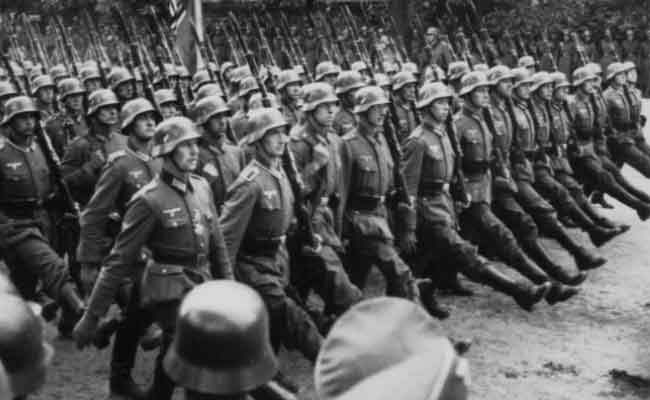Napoleon Bonaparte, one of the most influential figures in world history, ruled France from 1799 to 1815, marking an era of dramatic political, military, and social transformation. His rule reshaped not only France but also the entire European continent. Known as both a military genius and a political reformer, Napoleon’s legacy continues to influence modern governance and law.
The Rise of Napoleon
Napoleon rose to power during the French Revolution, a period of political turmoil that began in 1789. His exceptional leadership skills and victories in Italy and Egypt made him a national hero. In 1799, he overthrew the existing government in a coup d’état and established the Consulate, becoming the First Consul of France.
By 1804, Napoleon crowned himself Emperor of the French, signaling the beginning of the Napoleonic Empire. His coronation ended the revolutionary chaos and brought stability to France through strong centralized rule.
Political and Administrative Reforms
One of Napoleon’s greatest achievements was the Napoleonic Code (Civil Code of 1804), a legal framework that remains the foundation of modern French law. It established equality before the law, protected property rights, and abolished privileges based on birth.
Key reforms under Napoleon included:
- Centralized Government: France was divided into departments, each overseen by appointed prefects to ensure control from Paris.
- Merit-Based Bureaucracy: Promotions in government and army were based on talent and service, not noble birth.
- Economic Stability: Napoleon founded the Bank of France (1800) and stabilized the currency, reviving the French economy after years of turmoil.
- Education Reforms: He established public schools, known as lycées, to educate future administrators and officers loyal to the state.
These reforms helped transform France into a modern, efficient state governed by law and meritocracy.

Military Expansion and the Napoleonic Wars
Napoleon’s rule is inseparable from his military campaigns. Between 1803 and 1815, he waged the Napoleonic Wars, which expanded French influence across much of Europe.
He defeated powerful coalitions of European monarchies and established French control or alliances over countries like:
- Italy
- Spain
- Germany (Confederation of the Rhine)
- Poland (Duchy of Warsaw)
Napoleon’s victories at Austerlitz (1805) and Jena (1806) are considered masterpieces of military strategy. However, his invasion of Russia in 1812 turned disastrous, leading to the decline of his empire.
Domestic Policies and Social Reforms
Napoleon sought to balance revolutionary ideals with strong authoritarian control.
- He restored the Catholic Church through the Concordat of 1801, ensuring religious peace while maintaining state supremacy.
- He introduced the Legion of Honour to reward civil and military merit.
- Infrastructure, roads, and public works were expanded to modernize France.
Although Napoleon ruled as an autocrat, many of his policies strengthened the principles of equality, secularism, and rational governance — legacies that endured long after his fall.
The Fall of Napoleon
After a series of defeats, Napoleon was forced to abdicate in 1814 and was exiled to the island of Elba. He escaped in 1815 and briefly regained power during the Hundred Days, but his final defeat at the Battle of Waterloo ended his reign. He was exiled again to Saint Helena, where he died in 1821.
Legacy of Napoleon’s Rule
Napoleon’s rule left a profound impact on France and the world:
- The Napoleonic Code became the model for legal systems across Europe and Latin America.
- His reforms laid the foundation for modern state administration and education.
- He spread the revolutionary ideals of liberty, equality, and fraternity across Europe, even as he ruled with an iron hand.
While critics label him a dictator, admirers view him as a visionary who built a strong, modern nation.
The rules of Napoleon in France transformed a post-revolutionary nation into a powerful empire and set the stage for modern governance. His reign was a blend of reform and conquest — bringing progress to France but also immense suffering through war. Even today, Napoleon Bonaparte remains a symbol of ambition, intelligence, and the complex relationship between power and leadership.
![]()





